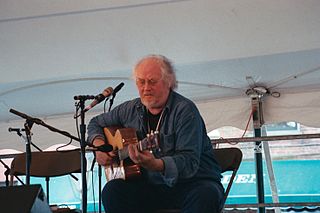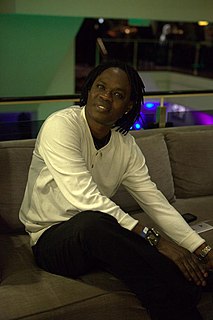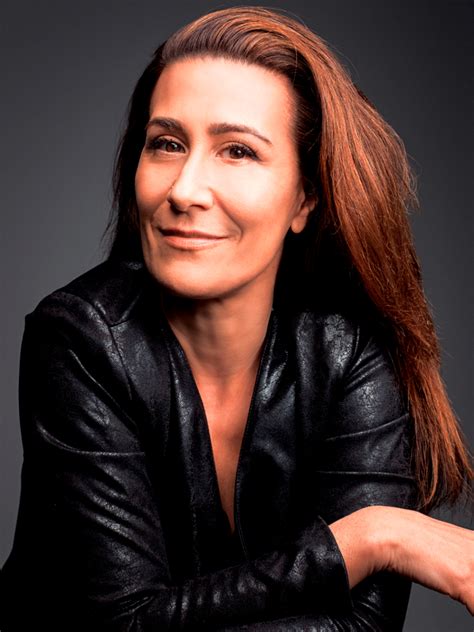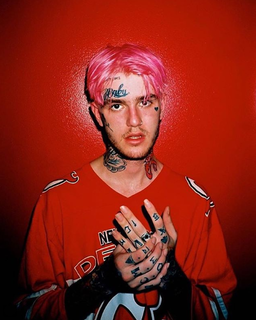A Quote by Steve Winwood
A lot of people think that the music was responsible for a lot of changes in the Sixties, but I think the music came out of it. The music wouldn't have happened without the social changes.
Related Quotes
I was interested in a whole range of music that I used to play, popular music -- particularly American music -- that I heard a lot of when I was a teenager," "I think at a certain point it dawned on me that myself playing this music wasn't very convincing. It was more convincing when we played music that came from our own stock of tradition. ... I certainly feel a lot more comfortable playing so-called Celtic music.
I think in the old music, everything was so competitive. It was all about - very selfish in a lot of ways. The label sort of capitalized on that desperation and that competition. In the new music landscape, with is the democratization of the internet and music in general, I think it can be a lot more collaborative. People, instead of competing, they can actually support each other, in music.
A lot of Utah State when I was there, there was a lot of California guys. So, you get a lot of Cali music, you got a lot of dance music, I think the Jerk was popular back then. It was a lot of the music that you can dance to with your teammates. A lot of hip-hop, rap, R&B, it was really fun. It was live in there.
I'd been making music that was intended to be like painting, in the sense that it's environmental, without the customary narrative and episodic quality that music normally has. I called this 'ambient music.' But at the same time I was trying to make visual art become more like music, in that it changed the way that music changes.
I did not like that name "world music" in the beginning. I think that African music must get more respect than to be put in a ghetto like that. We have something to give to others. When you look to how African music is built, when you understand this kind of music, you can understand that a lot of all this modern music that you are hearing in the world has similarities to African music. It's like the origin of a lot of kinds of music.
I think a lot of people get intimidated by the language of music, but everyone owns music. I think there's nothing standing in between a composer and her audience. I think a lot of people feel that way because they feel it's rarefied, but it's really not. You should feel the impact of it without being able to name it because it's ultimately a primal thing.


































